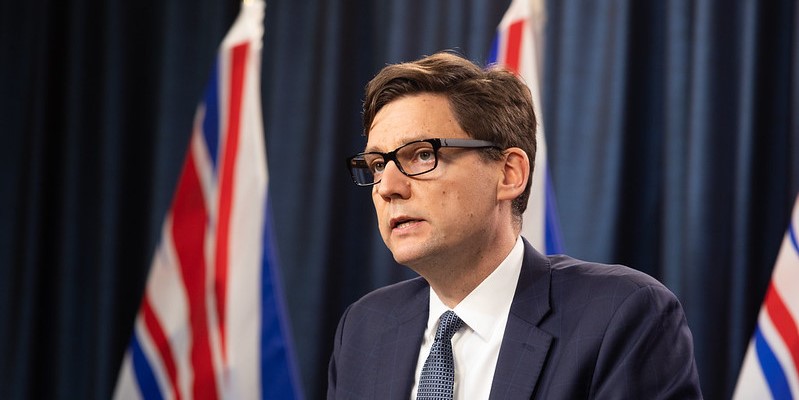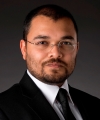B.C. government sends patients to U.S. while fighting private options in B.C.

The recent ordeal of Allison Ducluzeau, a wife and mother from Victoria who spent more than $200,000 out of pocket to seek life-saving cancer treatment in the United States, has been widely shared on social media. Unfortunately, Ducluzeau’s story is not unique.
According to Second Street, a Canadian research organization, Canadians made approximately 217,500 trips abroad to seek health care in 2017, long before the pandemic (and related health-care backlogs and delays). To understand why this happens within our universal system, simply look at the data. In 2023, Canadians could expect a median wait of 27.7 weeks between referral to treatment across 12 medically-necessary specialities. In B.C., patients had to wait four weeks to see an oncologist, and another 5.9 weeks for treatment. In fact, the total wait between referral to treatment for oncology in B.C. (9.9 weeks) is now about twice as long as the Canadian average (4.8 weeks).
Moreover, the Canadian Institute for Health Information reported last year that, among provinces, B.C. was the second-worst performer in the country in meeting the national benchmark for radiation therapy (that is, receiving treatment within four weeks after seeing a specialist).
Why is this happening? Why do B.C. patients face such daunting wait times for potentially life-saving treatment?
For starters, compared to its universal health-care peers, Canada has fewer medical resources available. After adjusting for population age differences among high-income universal health-care countries, Canada ranked 28th (out of 30 countries) for the availability of doctors, 23rd (of 29) for hospital beds, 26th (of 30) for CT scanners and 19th (of 26) for PET scanner availability.
In response to B.C.’s long delays for cancer care, the Eby government recently instituted a cross-border initiative that sends patients to Washington State for treatment. Although this is good news for some patients, it’s not a long-term solution to our health-care woes. And this selective and short-term initiative is cold comfort to patients suffering from other medical conditions and who remain without local options as they endure long delays for medically-necessary care. Indeed, Allison Ducluzeau needed chemotherapy and could not take advantage of this initiative.
To be clear, Canada’s relative dearth of resources and long wait times are not due to inadequate funding. Among universal health-care countries, after adjusting for age, Canada ranked highest for health-care spending as a percentage of the economy in 2021 (the latest year of available comparable data). The problem is how we do universal health care. Unlike Canada, most other universal health-care countries fund their hospitals according to activity levels to incentivize treatment. And they understand that the private sector is a valuable partner in their universal health-care frameworks.
For defenders of the status quo, private involvement in the financing and delivery of health care within our borders remains out of the question. In fact, the same Eby government that sends B.C. patients across the border for care has fought against private options in B.C. And you can be sure that PeaceHealth St. Joseph Cancer Center and the North Cascade Cancer Center in Washington State—where the Eby government is sending cancer patients—will not be subject to the same limitations the Eby government imposes on private clinics in B.C.
If the provincial government is unable to deliver timely access to care through our publicly-funded health-care system, it should allow patients to pay privately for alternatives within our borders. By forcing patients such as Allison Ducluzeau to leave their loved ones and travel abroad to receive life-saving treatment, our policymakers yet again cling to a stubborn and failed approach to universal health care.


